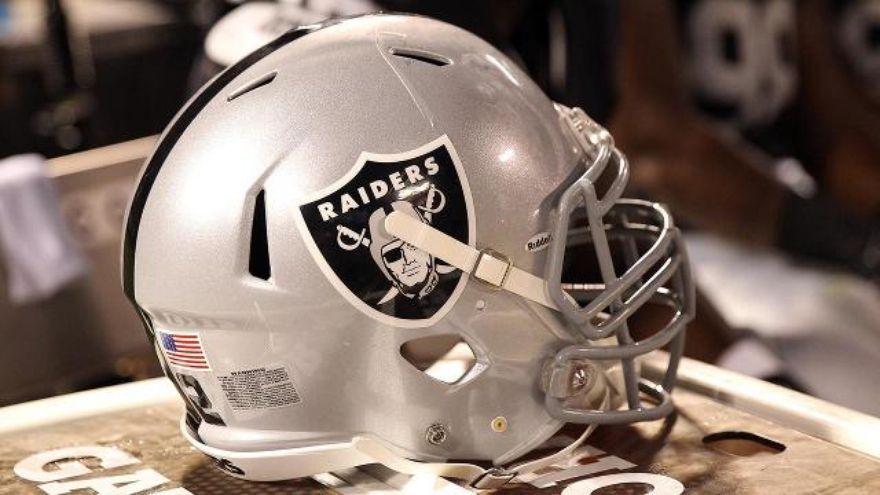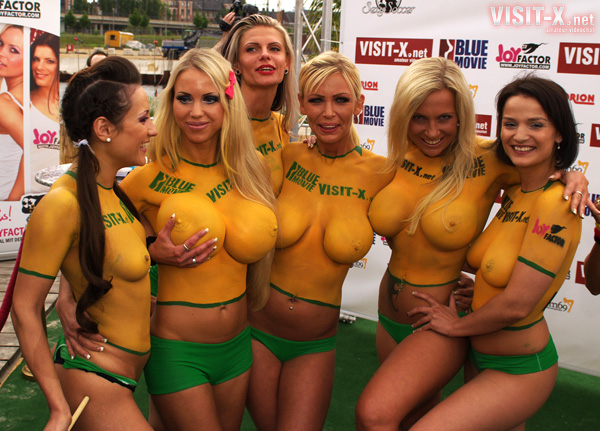$500 million price tag to bring NHL team here may be too hefty
The Maloof family has agreed to sell the Kings to a Seattle group led by investor Chris Hansen, the league confirmed in a statement Monday, Jan. 21, 2013. The arena would be located near CenturyLink Field and Safeco Field. (HOK)
In an image provided by 360 Architecture Inc., a view of Seattle includes the preliminary preferred design for a new arena being planned to house an NBA basketball team,… More
An overlooked item causing behind-the-scenes consternation on the local arena front is a $500 million fee the NHL is now supposedly demanding for expansion franchises. Reports out of Las Vegas since January have also tossed around that same $500 million figure in reference to putting a team there.
Inside sports business
An overlooked item causing behind-the-scenes consternation on the local arena front is a $500 million fee the NHL is now supposedly demanding for expansion franchises.
This price has been quoted to me too many times by folks involved in arena discussions here not to have validity. Reports out of Las Vegas since January have also tossed around that same $500 million figure in reference to putting a team there.
A few weeks ago, I asked NHL commissioner Gary Bettman whether a $500 million fee could hinder groups working to bring hockey to new markets. I mean, just last fall the debate was whether $350 million was too high.
Bettman told me he has no problem with a $500 million fee.
Most Read Stories
Boeing chief Ray Conner defends ‘tough decisions,’ expects hiring surge
‘You are more than your mistakes’: Teachers get at roots of bad behavior
What you need to know about Russell Wilson’s contract situation
Amazon’s ‘Life in Seattle’ recruiting video gets satirized
Living where you work isn’t easy for Eastside teachers
“Franchise values in all sports have been increasing rather dramatically,’’ Bettman said. “From your question, you seem to be inferring that that would be a lot of money for an NHL team. I happen to believe that that number — not that I’m confirming or denying it — would be not a lot of money.
“I think NHL franchises should be worth at least that much.’’
That’s fine and dandy for the league. But for those trying to build an arena here, where a new NHL franchise would start as the city’s fourth or fifth most popular team, that’s some hefty sticker shock.
And whether it’s an arena in the Sodo District of Seattle or in Tukwila, paying a $500 million fee complicates matters.
It’s one reason Seattle Mayor Ed Murray has yet to receive an “NHL first” plan from Sodo builder Chris Hansen that “pencils out” financially. Also, it’s why skeptical eyes are now on Tukwila arena builder Ray Bartoszek, wondering where his money will come from.
A good arena costs $500 million before factoring in teams that actually draw the paying customers.
Bartoszek can talk all he wants about getting his arena built first and worrying later about paying for teams. But when the cheapest of those — the hockey team — costs $500 million, that’s a billion-dollar investment before Bartoszek can hope to make money.
The Seattle City Council already was leery about the NHL as a moneymaker back when the going expansion team rate was estimated at below $300 million. That’s why there’s no “NHL first” provision in the Memorandum of Understanding (MOU) between Hansen, the city and King County.
And forget the “collateral” theory that says the higher the franchise value, the better for the city should Hansen ultimately default on paying off municipal bonds used to build his arena. Cities aren’t in the business of running pro teams and too much would have to go wrong with Hansen’s arena for the city to wind up “owning” an NHL franchise via collateral.
The whole point of the city putting us through this years-long exercise is because it wants any arena to ultimately succeed. And one way Hansen and would-be NHL partner Victor Coleman can avoid worst-case scenarios is to not overpay for a hockey team and be forever struggling to recoup that cost.
That’s why, I suspect, you’re now seeing city politicians like Murray and Tim Burgess suggest Hansen and Coleman get as close to an all-privately-funded venture as possible. If they want to overpay for the NHL, best do it on their own dime.
Same with Bartoszek in Tukwila. As long as it’s his money, nobody cares much about the gamble.
Unlike the NBA, the NHL is more gate-driven with some of sport’s highest ticket prices. You’ll need fans paying those over 41 home dates, even with the Seahawks, Mariners, football Huskies and Sounders more entrenched locally.
As for local television, the Mariners and ROOT Sports run the show. Hansen may have once envisioned his own regional sports network (RSN), but that ship sailed when the Mariners took ownership of ROOT Sports in April 2013.
This city isn’t big enough for two team-owned networks.
Even if Hansen were to team up with Comcast, the broader, satellite-based distribution system enjoyed by ROOT Sports would give it a major advantage in any head-to-head battle here.
So, no RSN ownership for Hansen or Bartoszek. They’ll have to show games on ROOT Sports and collect whatever fees they can negotiate.
Sounds bleak, huh? Well, not really.
You don’t see many pro sports owners going broke when they control arena or stadium revenues. Tax breaks, not to mention additional revenue from adding hotels, restaurants and other entertainment nearby still makes sports a goldmine if done right.
It just isn’t foolproof. The Phoenix Coyotes and Florida Panthers are ongoing NHL evidence of that.
So, concern over what the fifth most popular team in Seattle might cost is real. Expect that to be put up for continued negotiation.
And don’t count on Bettman rolling over. The league knows whatever Seattle or Las Vegas pays will set the bar for bigger cash grabs in markets elsewhere.
That means, the group getting a team here could be the first one that says “yes” to paying $500 million.
And from all accounts, no one is quite sure yet how to do that and still make the entire project work.







